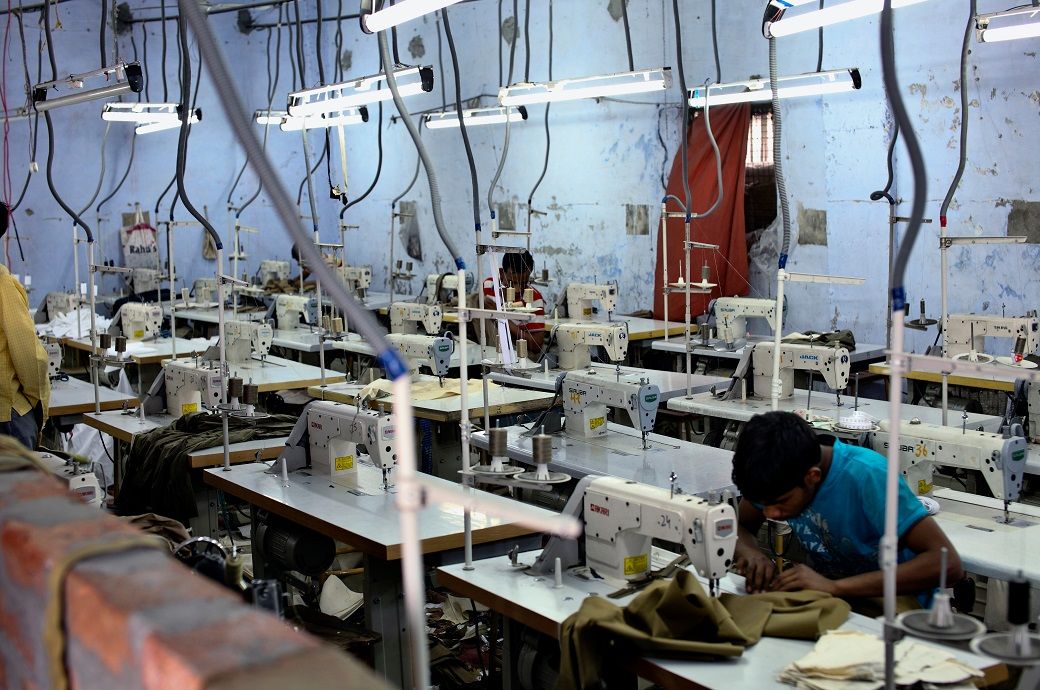
After the video went viral, industry organisations and local administration worked to calm workers and the public. While there is no immediate problem in industrial units, industry professionals warn that such incidents could impact production after Holi as workers may choose to stay at home longer.
At a recent press conference in Coimbatore, T Rajkumar, chairman of the Confederation of Indian Textile Industry (CITI), and Ravi Sam, chairman of The Southern India Mills' Association (SIMA), expressed concern about the situation, stating that recent happenings are unfortunate and would pose a danger to the industrially developed Tamil Nadu state. It will affect the performance of the industry. They pointed out that unless this issue is sorted out in the initial stage itself, it would ruin the industrial growth in the state, when particularly the government of Tamil Nadu is making efforts to bring sizeable investments.
Both industry bodies have clarified that there is no discrimination between the local workers and the migrant workers in terms of wages and all are treated equally by the industry. In fact, the industry is providing hostel accommodation with food based on the needs of the migrant workers.
CITI and SIMA informed that Tamil Nadu accounts for 45 per cent of the yarn produced in the nation and the textile industry provides job opportunities in Tamil Nadu (next only to agriculture) for many men and women on a large scale. On the labour front, Tamil Nadu is considered to be the leading state in India with regards to availability of skilled labour and maintenance of peaceful industrial relations. Consequent to mushroom growth of industrial units in the state, the industry started facing labour shortage and in order to overcome the same, migrant workers belonging to Bihar, Odisha, Chattisgarh, Uttarkhand, Assam, West Bengal, etc, are coming forward to work in Tamil Nadu and such employment has been prevalent for more than a decade. The employment of migrant workers is not only confined to the textile industry but also prevalent in other industrial and service sectors.
Purusottam Parmanandka from Tiruppur-based trading company Kesharinandan Knit Fabrics told Fibre2Fashion, “Although industry bodies and government officials are making efforts to allay the fear among north Indians, around 15-20 per cent production may be hit after Holi as the migrant workers may stay longer at home. Some workers may refuse to come back if they find suitable jobs locally.” He said that the situation in industrial units is comparatively calm. Slower demand in garment industry will compensate for the possible labour shortage in Tamil Nadu.
K Hari Prakash from a Tiruppur-based textile unit told Fibre2Fashion, “Generally, industrial activities are normal in the region. Workers go home for Holi every year and they stay there for 15 to 30 days. Most of the industrial units have already scheduled their production activities considering the availability. After such reports, more workers moved to their homes to celebrate the festival. While there may be some labour shortage, slower demand from domestic and global markets may mitigate the potential production loss. Many units are already limiting production to three to four days a week in a single shift due to a lack of orders.”
ALCHEMPro News Desk (KUL)
Receive daily prices and market insights straight to your inbox. Subscribe to AlchemPro Weekly!